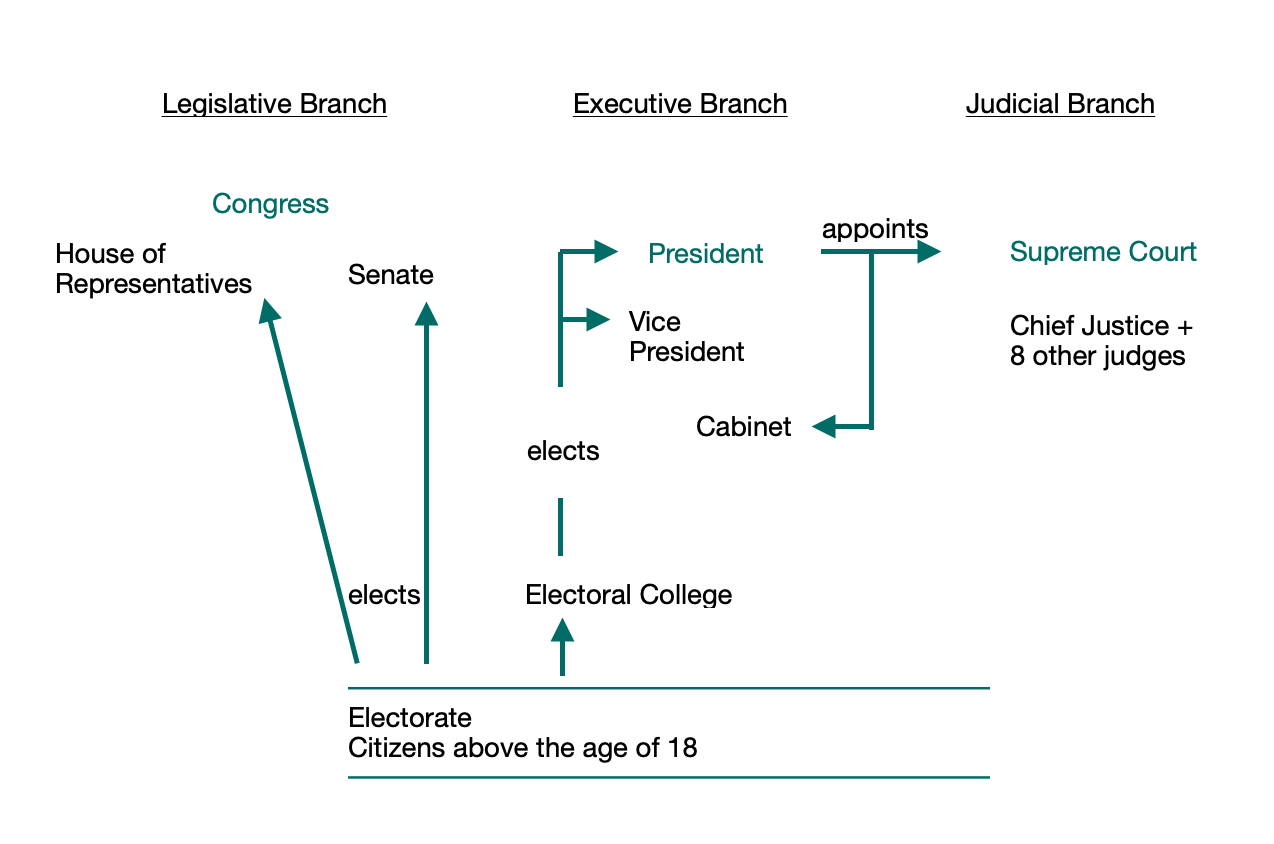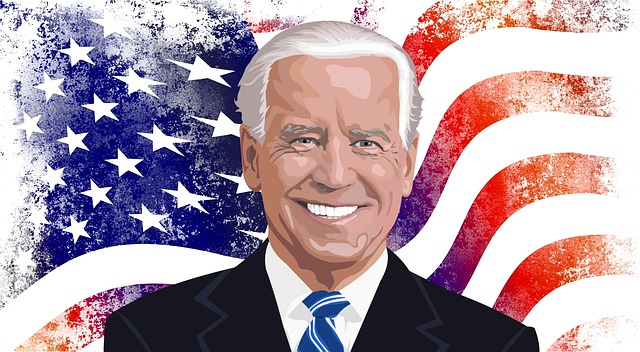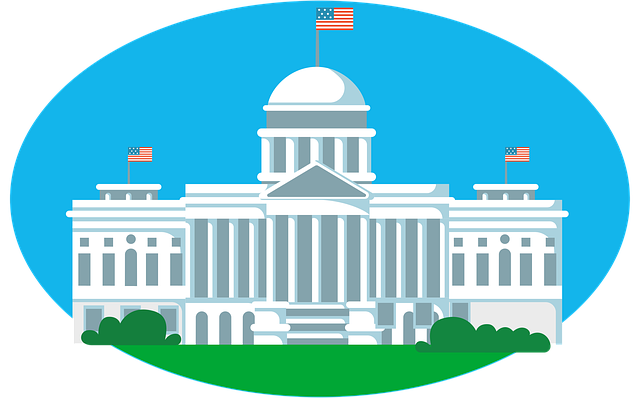
Legislative Branch: Congress
The law-making branch of the US-government consists of two chambers with equal power: the House of Representatives and the Senate.
Senate
2 Senators from each state = 100 Senators
one third is elected bi-yearly for six years
House of Representatives
ca. 1 per 500,000 people ➡ the number per state depends on the population of that state
each representative serves a two-year term
Their power
control federal taxes and spending
control trade among states as well as between foreign countries
maintain armed forces, declare war and make peace
make laws
print money
impeachment
Executive Branch
Electoral College
This electoral system originated from times when infrastructure and means of communication were poor and most people did not know much about the presidential candidates. Therefore, a kind of representing role was introduced:
local people were chosen as responsible electors to represent the presidential candidates in their respective areas
citizens would then vote for the electors who would pass that vote on to the chosen candidate
each state has a number of electors
to this day, presidential candidates do not receive their votes directly but the one with the majority of votes in a state wins according to the "winner-takes-all" system
it is often criticised and seen as outdated because it does not fully reflect the popular vote
The President
The presidential elections take place every four years and the President Elect cannot serve more than two terms of office. As we have already learned, the President as well as the Vice President are elected through the Electoral College.
Role and functions:
Head of State
Chief Executive Officer
can appoint Cabinet members, federal employees and diplomats (which the Senate needs to confirm)
influence on foreign policy
influence on the economy through tax and budget proposals
proposes legislation to Congress and can veto laws
Commander-in-Chief of the US armed forces ➡ authorises him/her to control military strategies and actions
leader of their individual political party (to date, either the Democrats or the Republicans)
Judicial Branch
Supreme Court
Most important duties:
making decisions on whether actions of legislation or of the government go against the Constitution = judicial review ➡ making the Supreme Court the highest authority for decisions about many issues
More functions:
has complete authority over federal courts, which all have to follow the Supreme Court's decisions on federal laws and the Constitution (not allowed to rule on state law/state constitution)
has the final word on most legal and constitutional matters
create certain guidelines for lower courts
Du hast noch nicht genug vom Thema?
Hier findest du noch weitere passende Inhalte zum Thema:


